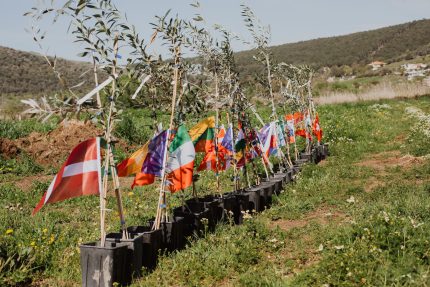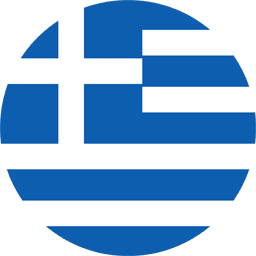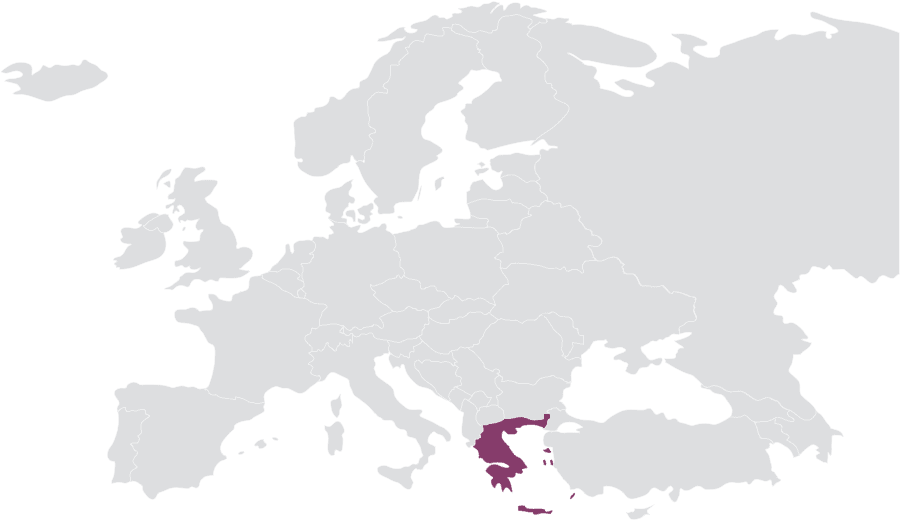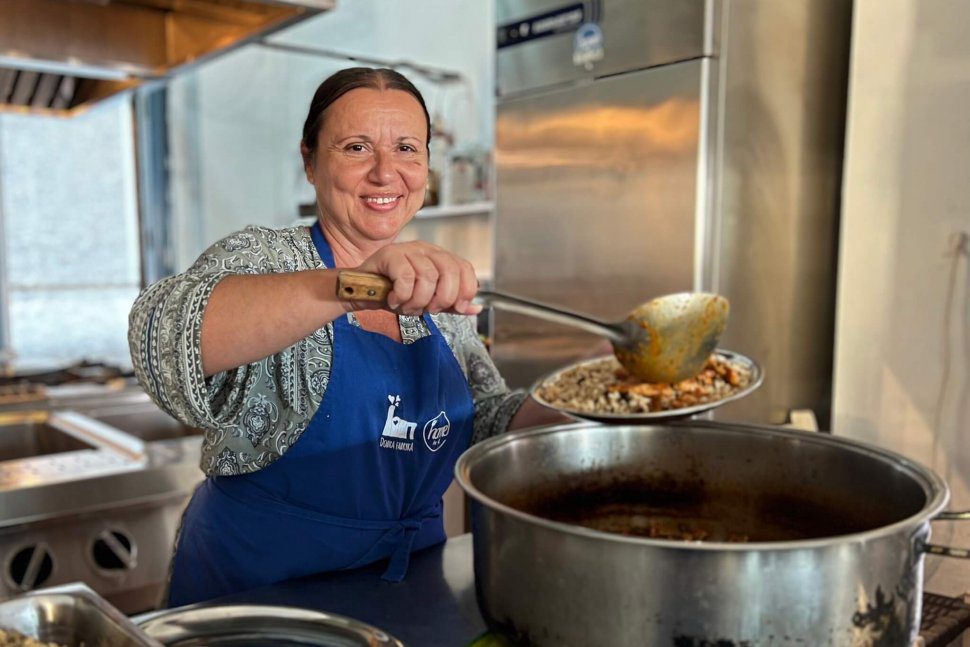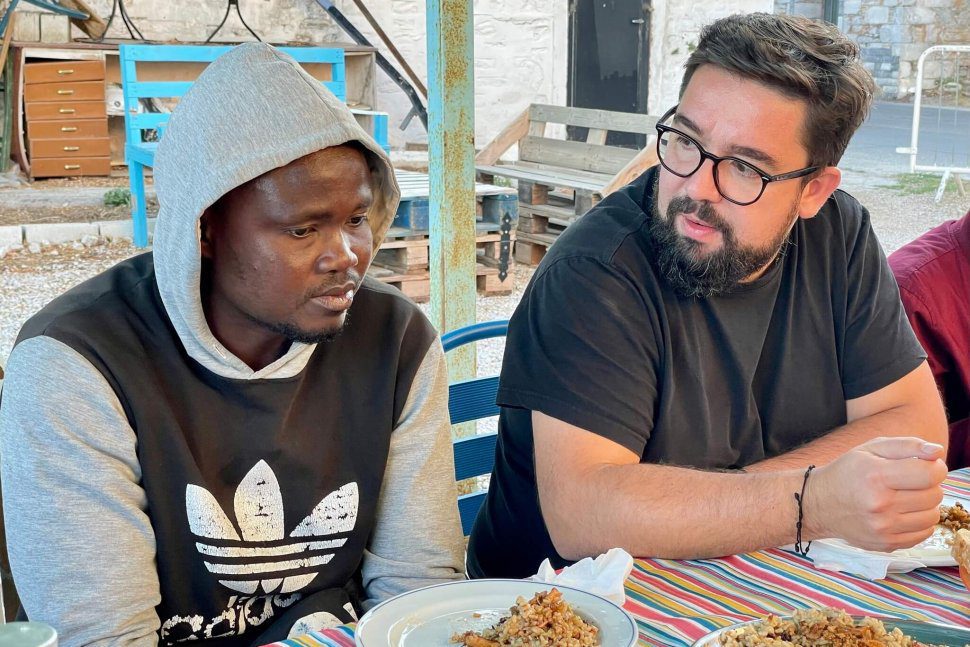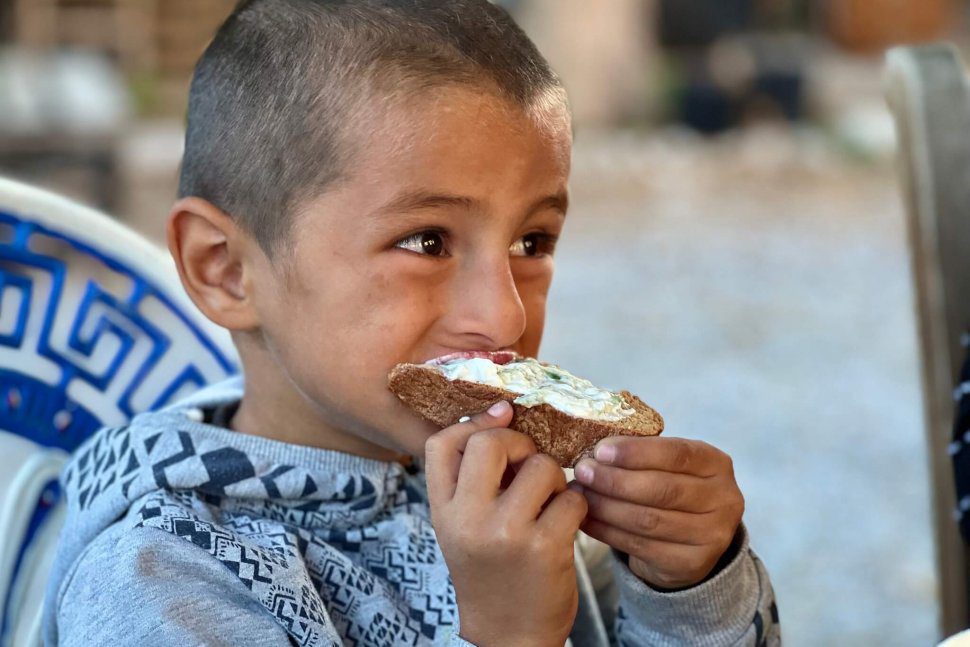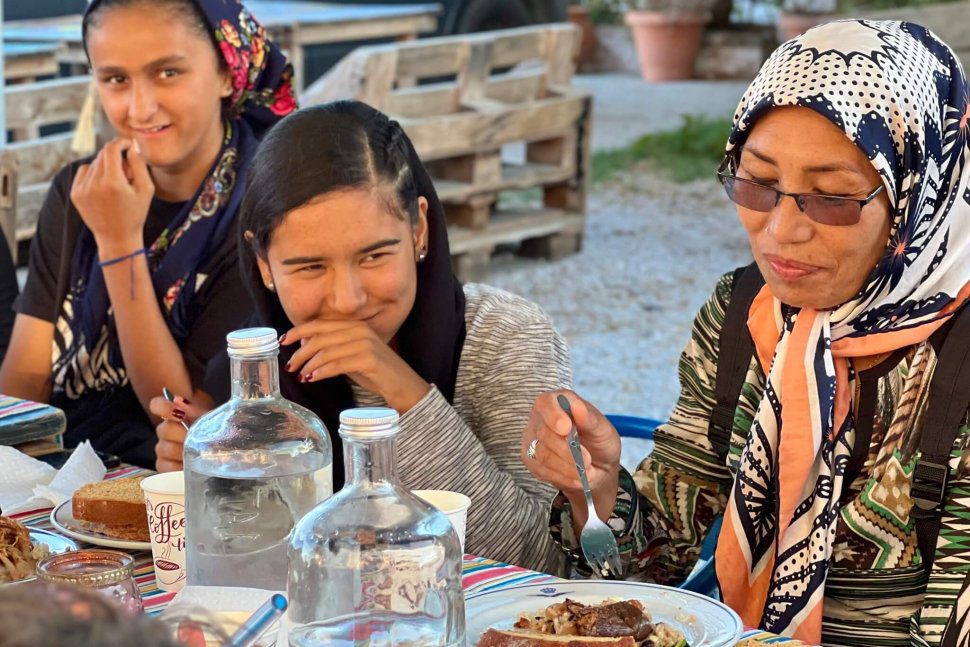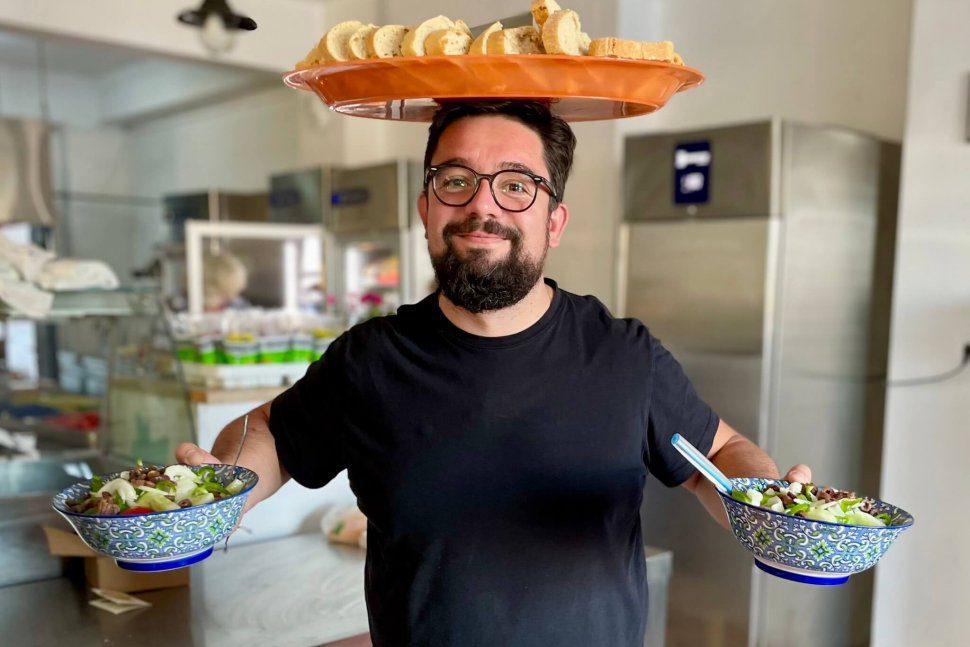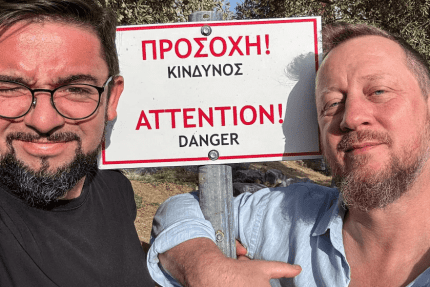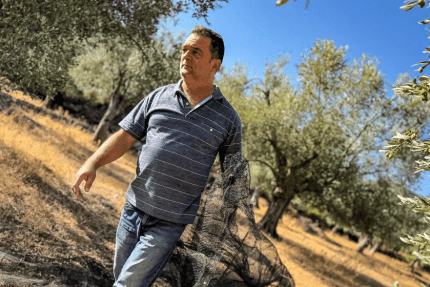“Taahaam (food) is the most important word,” laughs Omar when asked earlier where to start learning Arabic.
There are 16 of us at the table, 10 different nationalities. Most are from West Africa. We are eating a dinner staged in their honour by Katerina and Nikos. The Home for All restaurant invites a dozen or so residents of the refugee camp on the Greek island of Lesbos every day to take a break from their daily problems, at least for a while.
Several languages intermingle at the table; local African, Arabic, French, English. We want to learn at least one word in each of them. We joke around and have fun. Omar’s suggestion to start learning the language from the word taahaam, however, does not sound like a joke.
We sit at the same table with people who know best what hunger is. Those whose lack of food forced them to stay on the move for months and leave their homes. Those who remember the moments when all they could think and dream about was food.
We still deliver meals to the camp on the Greek island of Lesbos. The most vulnerable are still waiting for them: the sick, diabetics, pregnant women, the elderly and children. Today there are far fewer of them. About 1,500 people now live in Moria 2.0. That’s still a lot, but when the first camp burned down, there were 20 times as many people here. As it is today, Home for All also continues to invite groups for dinner every day.
We cannot be absent from here on any of the 365 days of the year. Because they must not run out of food. A meal for a resident of the camp costs up to PLN 15. And today, on behalf of our charges, we are asking you for this 15 zloty.
